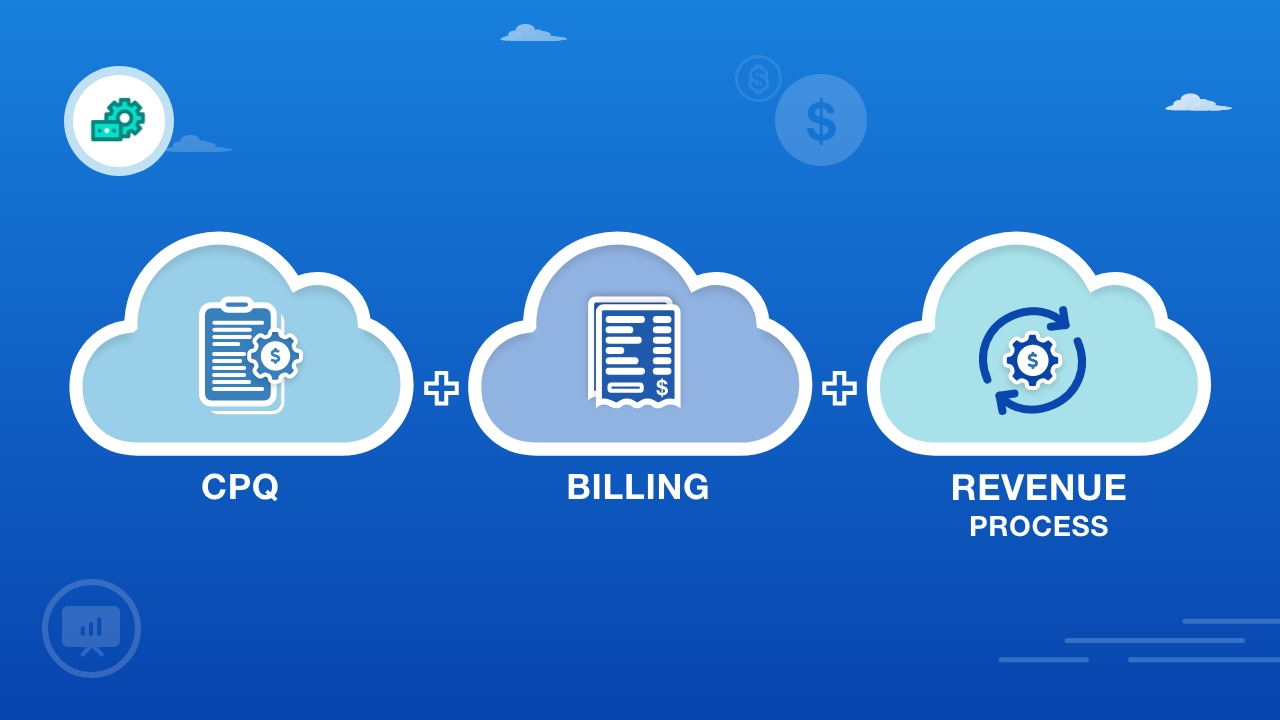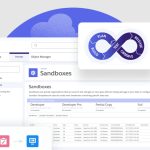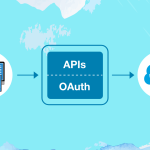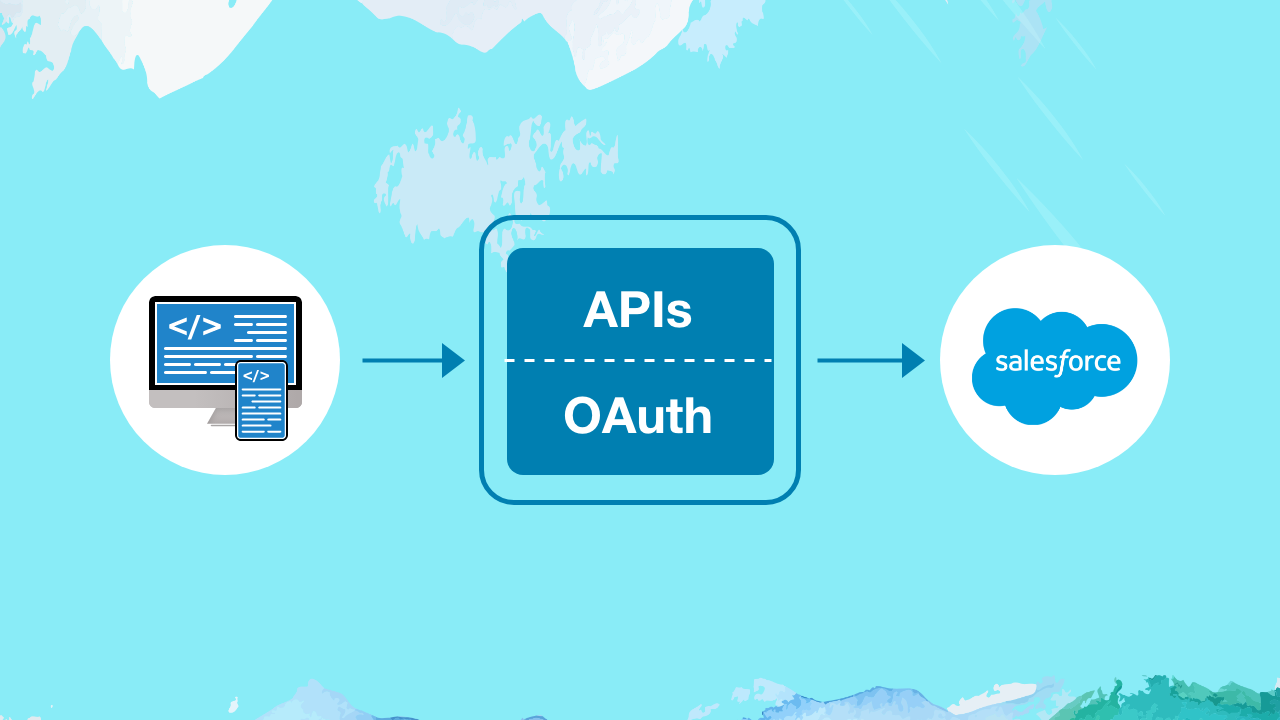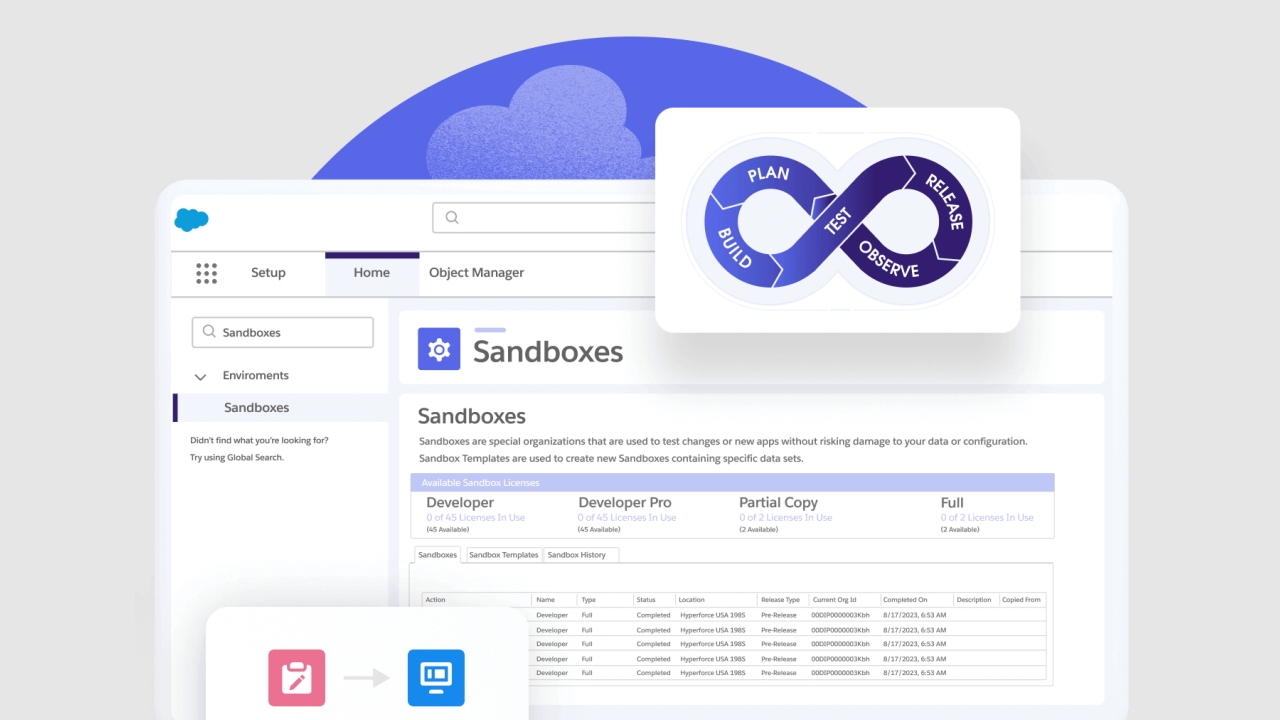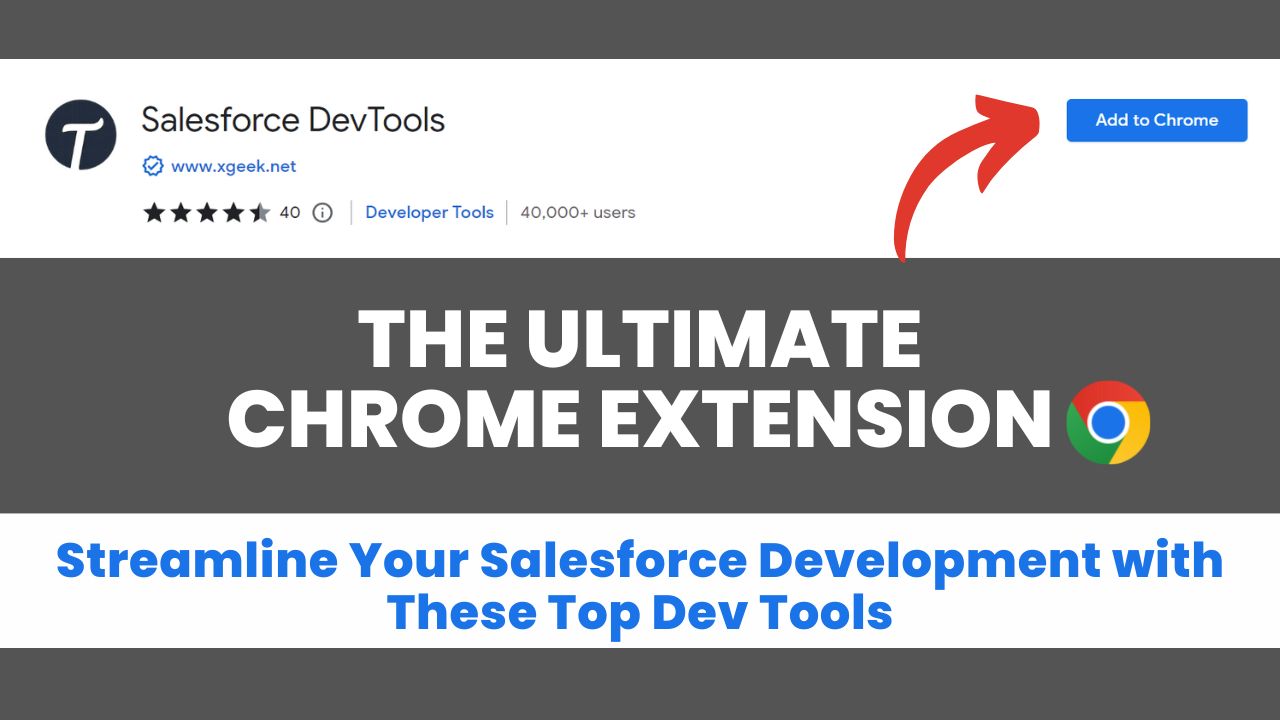Revenue Cloud at Dreamforce 2025
Revenue Cloud at Dreamforce 2025: Sessions, Themes & How to Navigate the Catalog
Summary
At Dreamforce 2025, Revenue Cloud (CPQ + Billing + Revenue Operations) will be a major focus. Here’s a technical guide to the key sessions, architectural themes, and tips for finding and building your agenda.
Introduction
Revenue Cloud has matured into a cornerstone of many Salesforce implementations — enabling companies to drive quote-to-cash, automate invoicing, manage subscriptions, and optimize revenue operations.
Dreamforce 2025 is around the corner — happening October 14–16, 2025 at the Moscone Center, San Francisco.
At Dreamforce 2025, Salesforce will spotlight new enhancements, best practices, and customer success stories around Revenue Cloud. For architects and solution leads, attending these sessions isn’t just about seeing demos — it’s about extracting reusable patterns, understanding roadmap direction, and networking with experts.
In this blog, I will:
- Highlight known/anticipated Revenue Cloud / Revenue Ops sessions at DF25
- Identify key architectural themes to watch
- Show you how to find the full session catalog and build your agenda
- Provide tips to maximize your learning at Dreamforce
Let us start with the complete list you need to bookmark if you work in CPQ, Billing, or Revenue Cloud development.
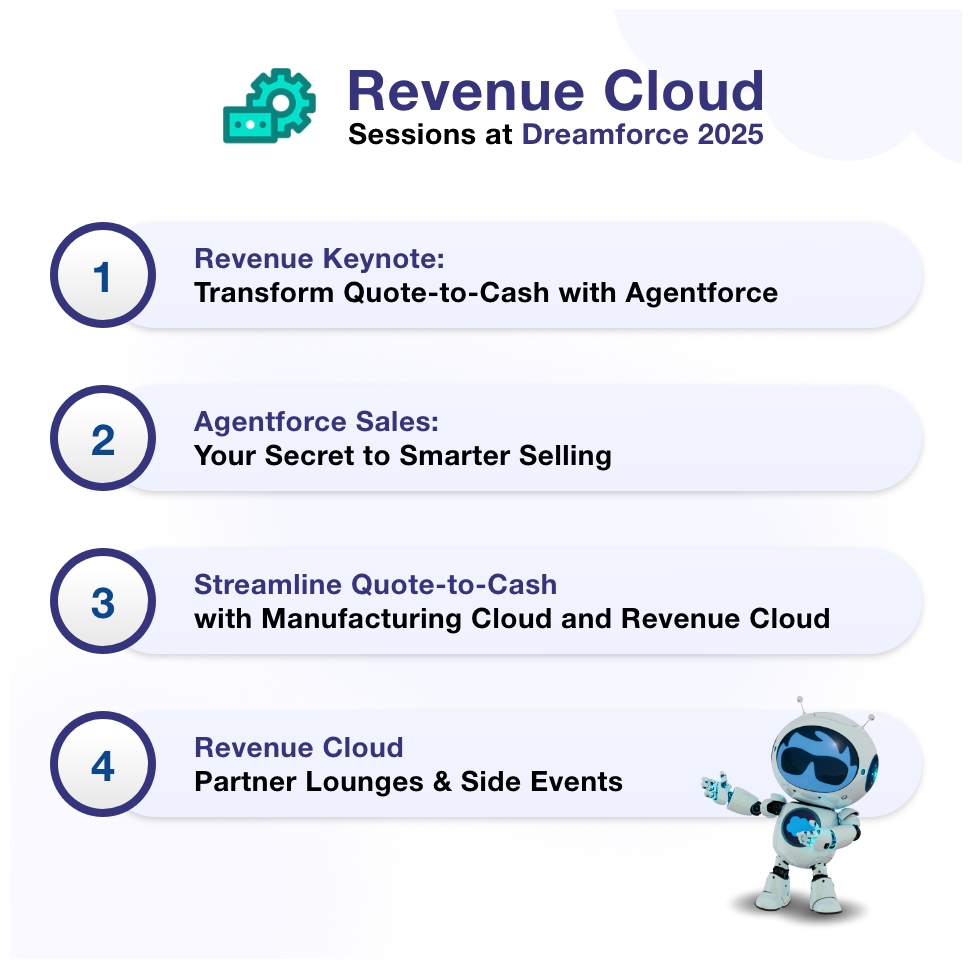
1. Revenue Keynote: Transform Quote-to-Cash with Agentforce
Date & Time: Tuesday, October 14 | 3:30 PM PT
What to Expect: This keynote shows how Agentforce, Salesforce’s new agentic AI platform, is revolutionizing the quote-to-cash lifecycle. Expect demos on automating approvals, accelerating deal cycles, and orchestrating orders across Revenue Cloud and Billing.
Why Developers Should Care: Look for patterns in how Agentforce integrates with CPQ and Billing APIs. This signals where future development hooks and extensibility points may appear.
Source: Salesforce Dreamforce 2025 highlights
2. Agentforce Sales: Your Secret to Smarter Selling
Date & Time: [1. Tuesday, October 14 | 02:00 PM PT ] [2. Thursday, October 16 | 10:30 AM PT ]
What to Expect: Learn how Agentforce agents transform selling workflows — from prospecting to pricing and quoting. Salesforce highlights this as a must-attend for sales and revenue leaders.
Why Developers Should Care: These sessions hint at how developers can leverage AI agents for CPQ and Revenue Cloud automation. Watch closely for technical architecture diagrams or references to integration points.
Source: Salesforce Dreamforce 2025 highlights
3. Streamline Quote-to-Cash with Manufacturing Cloud and Revenue Cloud
Format: Featured in the Salesforce + Dreamforce programming lineup.
What to Expect: This industry session showcases how Revenue Cloud integrates with Manufacturing Cloud to deliver end-to-end quote-to-cash. Focus is on complex product catalogs, consumption pricing, and order orchestration.
Why Developers Should Care: If you’re building cross-cloud integrations, this is where you’ll see Salesforce’s recommended design patterns for catalog synchronization and order management.
Source: Salesforce + Dreamforce content lineup
4. Revenue Cloud Partner Lounges & Side Events
Where: Partner lounges and demo zones around Moscone.
What to Expect: Partners like Neocol and others are hosting Revenue Cloud-focused demo lounges. These are excellent spots to see hands-on demos, integration blueprints, and third-party orchestration tools in action.
Why Developers Should Care: Perfect opportunity to get real-world implementation insights directly from partners and customers running Revenue Cloud at scale.
Source: Dreamforce partner event listings
Key Architectural Themes to Watch
When you attend Revenue Cloud sessions, be on the lookout for these deeper patterns and decision points (and raise these questions in Q&A):
- Modularity & Reuse
- How are pricing rules, discount rules, and constraints structured to avoid duplication?
- Are product bundles, feature models, and option sets reused via common logic?
- Performance & Scaling
- How do they manage large volume CPQ transactions?
- What are batching strategies for billing runs, usage processing, and chargebacks?
- How do they mitigate “too many triggers / too many calculations” overhead?
- Event-Driven Architecture
- How do CPQ/Billing changes propagate downstream (Revenue ops, accounting, analytics)?
- Are they using CDC, Platform Events, or custom event buses?
- Replay and error handling strategies.
- Data Integration & Synchronization
- Integration with ERP/GL systems — synchronous vs asynchronous flows
- Reconciling data drift between systems (e.g. billing vs general ledger)
- Handling cross-org data (multi-geo, multi-currency)
- Governance & Change Management
- Branching strategies and change deployment for CPQ/Billing configuration
- How to enforce guardrails (limits, test coverage) in highly customized orgs
- Observability: monitoring failures, logging reconciliation mismatches, alerts
- AI / Agent Integration
- How autonomous agents might assist in quoting, renewals, or billing corrections
- Using Data Cloud / ML models for price optimization or churn prediction
- Guardrails for agent actions in revenue-critical systems
- Migration Strategies & Coexistence
- If an org is moving from legacy billing or custom solutions, how do they gradually migrate?
- Hybrid approaches (partial legacy + new Revenue Cloud)
- Data reconciliation, dual-write, and back-fill strategies
Suggested Workflow for Architects at DF25
To maximize your time and output, here’s a suggested approach:
- Pre-conference
- Build your agenda and prioritize sessions by technical depth
- Identify 2–3 sessions you’ll definitely attend
- Reach out to speakers beforehand (Twitter, LinkedIn) expressing questions you have
- During the Conference
- In deep sessions: take architectural notes (pattern, trade-offs, constraints)
- Ask clarifying technical questions after the session
- Attend relevant theater, demo, or labs for hands-on exposure
- Don’t skip “hallway passes” — you’ll pick insight from impromptu conversations
- Post-session Work
- Consolidate your notes into design patterns or architecture sketches
- Compare what you saw against your past projects — what would you do differently?
- Share findings with your team or architect peers
- Post-conference
- Watch session replays (via Salesforce+ or portal) for any overlaps you missed
- Publish your top 3 architectural takeaways as a blog or internal memo
- Follow up with contacts / speakers for the deeper clarifications
Why These Sessions Matter for Developers
Dreamforce 2025 makes it clear: Revenue Cloud is shifting from static CPQ processes to AI-driven, agent-orchestrated workflows.
Here’s what I’ll be watching for as a developer and architect:
- Programmatic hooks for Agentforce: Will Salesforce expose APIs or SDKs so developers can extend Agentforce within quote-to-cash workflows?
- Order orchestration best practices: How Salesforce recommends handling event-driven order creation across CPQ → Orders → Billing.
- Consumption pricing models: Whether Salesforce is standardizing metering and usage-based pricing in Revenue Cloud or leaving it to custom development.
Developer Checklist for Dreamforce
If you’re a Revenue Cloud developer or architect, here’s your must-do list at Dreamforce:
- Attend the Revenue Keynote — get the roadmap directly from Salesforce product teams.
- Join the Agentforce Sales sessions — see how agents impact quoting and selling flows.
- Watch the Manufacturing Cloud + Revenue Cloud integration session on Salesforce+.
- Visit partner lounges for demos of real-world implementations.
Conclusion
Dreamforce 2025 offers a tremendous opportunity for architects to dive deep into Revenue Cloud. If you plan carefully, you can extract reusable patterns, stay current with roadmap trends, and return with value to your projects.
- Focus your search in the session catalog on CPQ, Billing, Revenue Ops, Usage, Subscription, etc.
- Look beyond demos — dig into architecture, trade-offs, scaling, integration.
- Use the agenda builder and bookmarks to guard against missing sessions or conflicts.
- After sessions, distill the architectural lessons and apply them to your projects.
I’ll be at these sessions, taking notes and asking the tough technical questions. If you’re attending too, let’s connect and compare takeaways!






